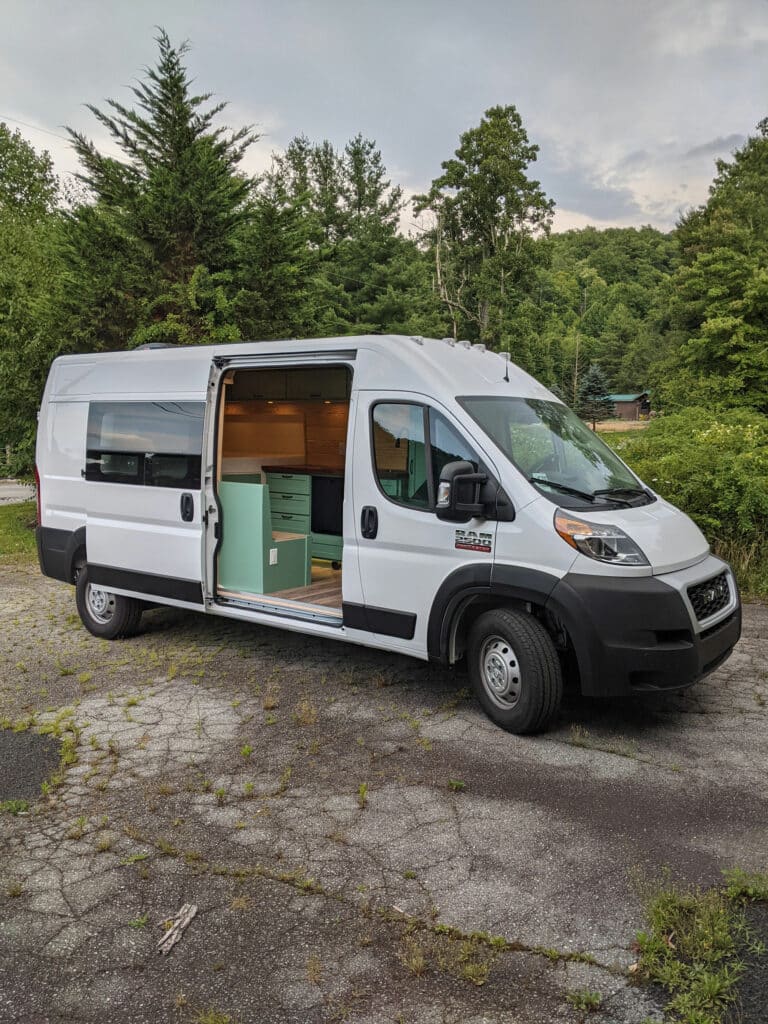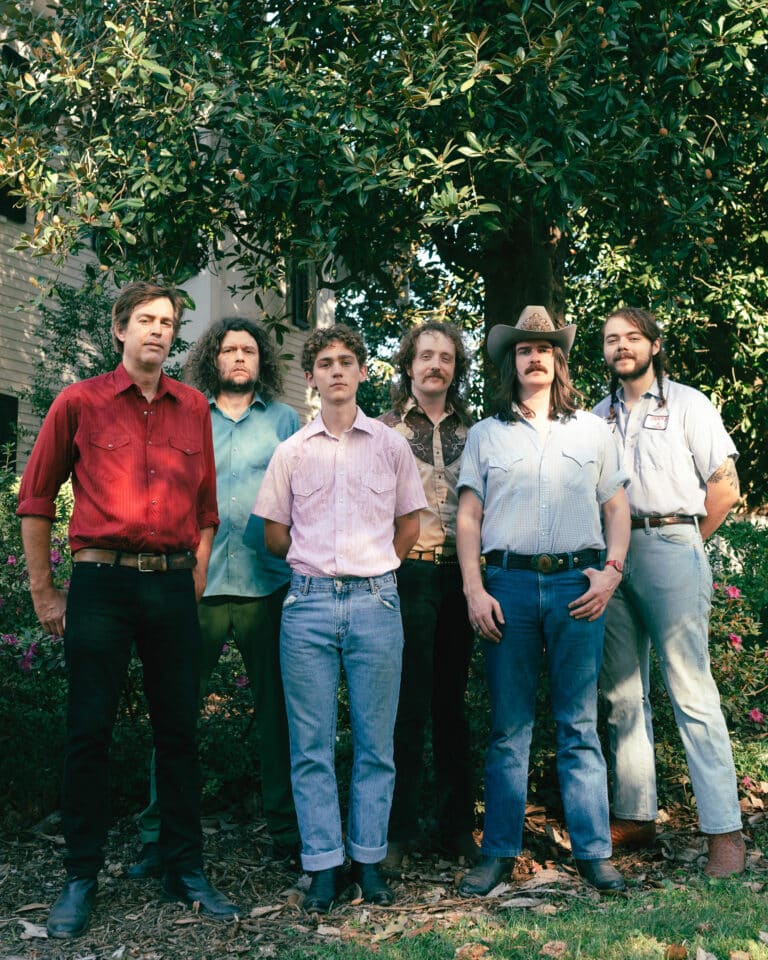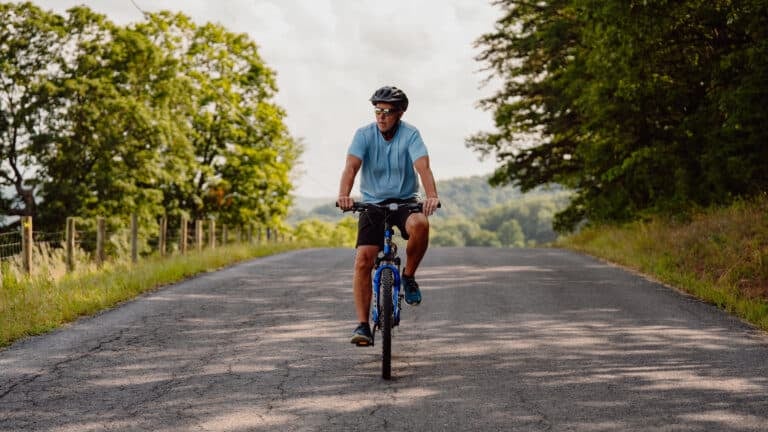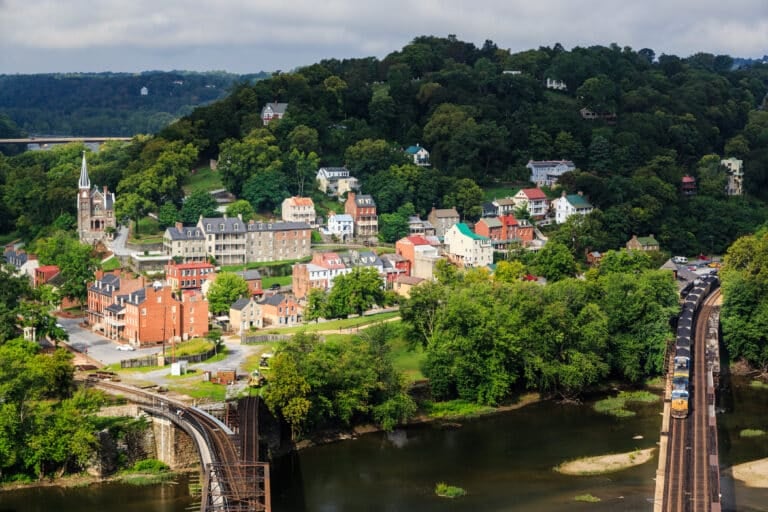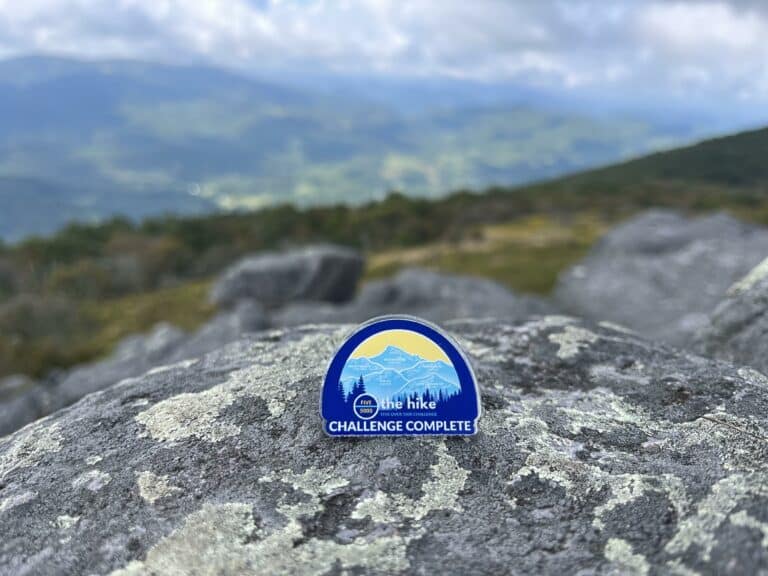YES: Pay To Ride
As both a tax policy wonk for Forbes.com and an avid cyclist, I find myself torn between two competing ideologies regarding the levying of taxes or “registration fees” on two-wheeled riders.
When on my bike, the idea of paying taxes for the right to cycle seems misguided at best, ludicrous at worst. We’ve all heard of sin taxes, but does it make sense to tax something that’s, you know, good for us? Something that reduces traffic, helps the environment, and generally makes for a healthier population?
When in the office, however, I recognize the need for urban environments to provide safe bike lanes and bike-sharing programs to protect their citizens and reduce gridlock. This pressure has further stressed the already-tapped budgets of many local governments. As a result, cities are searching for additional sources of revenue, and in many cases, that search is landing squarely on the city’s helmet-donning denizens. And quite frankly, I wouldn’t be against it.
Make no mistake, I understand and appreciate the arguments set forth by the cycling community. Why should we have to pay a tax on cycling when we put virtually no stress on the infrastructure by opting to cycle rather than drive? Or taken further, aren’t we already paying for infrastructure when we register the car that sits idle in our driveway?
Compelling arguments, both. But the truth is, most cyclists – maybe not all, but most – sometimes do the unthinkable and eschew a bike ride for the ease of a motor vehicle. And so as much as we hate to admit it, paying our share of the automobile-specific infrastructure is justified. Because we double as cyclists, however, we have a need for additional resources such as dedicated bike lanes and pathways that keep us safe and provide incentive for us to ride.
These items of infrastructure are costly to design, to implement, and to maintain. To simply shrug and suggest that we’re already doing our share as fee-paying car owners, in my view, isn’t enough. Creating a cycling-friendly city is not a cheap proposal, and that cost must be borne by someone. In my mind, if a nominal fee to register my bike means I can ride it free from the fear of getting run down by an enraged soccer mom piloting an SUV, then it’s money well spent.
–When Tony Nitti isn’t climbing the mountains on his bike, he is a tax writer for Forbes.com.
NO: Tax Smarter, Not More
I nearly always support high taxes in support of the public good. And bicycle facilities have certainly proven to be a public good: besides improving personal and public health and reducing pollution and road congestion, there are also less obvious but equally important economic benefits. Bicycling for transport or tourism results in increased receipts for local businesses and higher property values.
So why am I opposed to a bike tax? Cyclists (and potential cyclists) have been shorted on funding for decades. In Los Angeles County, for example, where 19% of all trips are made by bike or on foot, only 1% of transportation funding goes to cycling and walking programs. This is typical for US metros. Even Portland, Oregon, has spent only 2% of its transportation budget on walking and bicycling combined over the last fifteen years. And yet, Portland’s entire bicycle network, built over a span of a quarter-century, has cost no more than one mile of average urban freeway. As Portland’s mayor once pointed out, the city has built single interchanges that cost as much as the entire bike network.
In Los Angeles, taxpayers haven’t blinked at investing over one billion dollars in adding a single lane, each way, to ten miles of the notorious 405 freeway.
In short, tax-and-spend drivers are hogging our money as well as our roads.
And they are getting tired of it themselves. Driving has declined steadily since 2004, though municipalities are still building roads to nowhere as fast as they can. Meanwhile, surveys show that 60% of the population would prefer to bicycle more for local travel, but is afraid to, because drivers dominate the roads.
Given the natural increase in civic revenue that follows the building of bikeways, and the futility of building more roads for fewer drivers in a global warming world, a bike tax isn’t needed. There is enough being collected and wasted now to build spectacular bicycle networks all over the country. All we’re asking for is our fair share of funds—something that should have been coming to us throughout the last seven decades of America’s misguided infatuation with the image (not the reality) of mass motoring. We’ll pay the investment back–many times over!
–Richard Risemberg writes for Sustainable City News.


